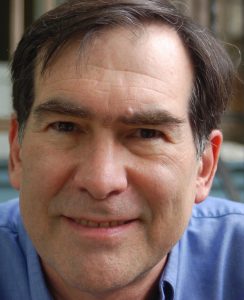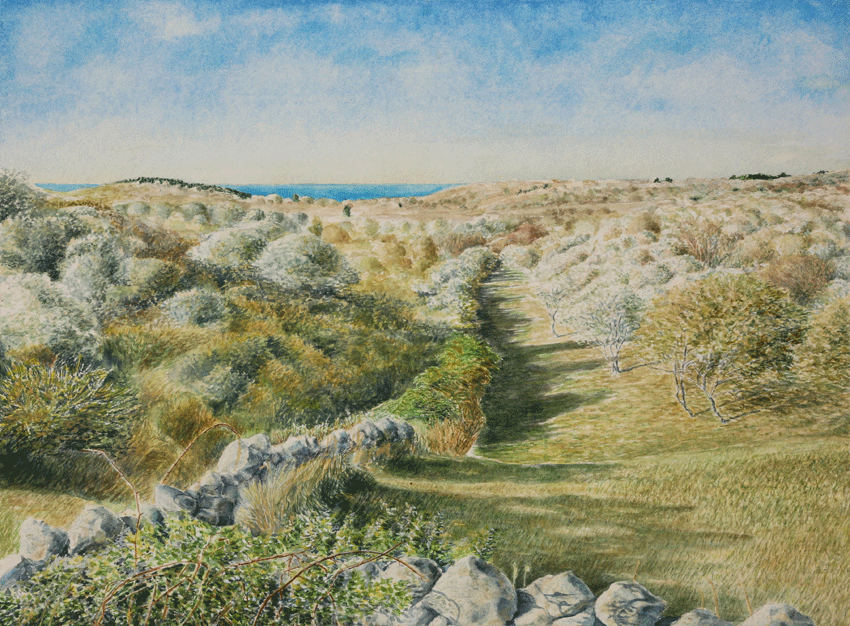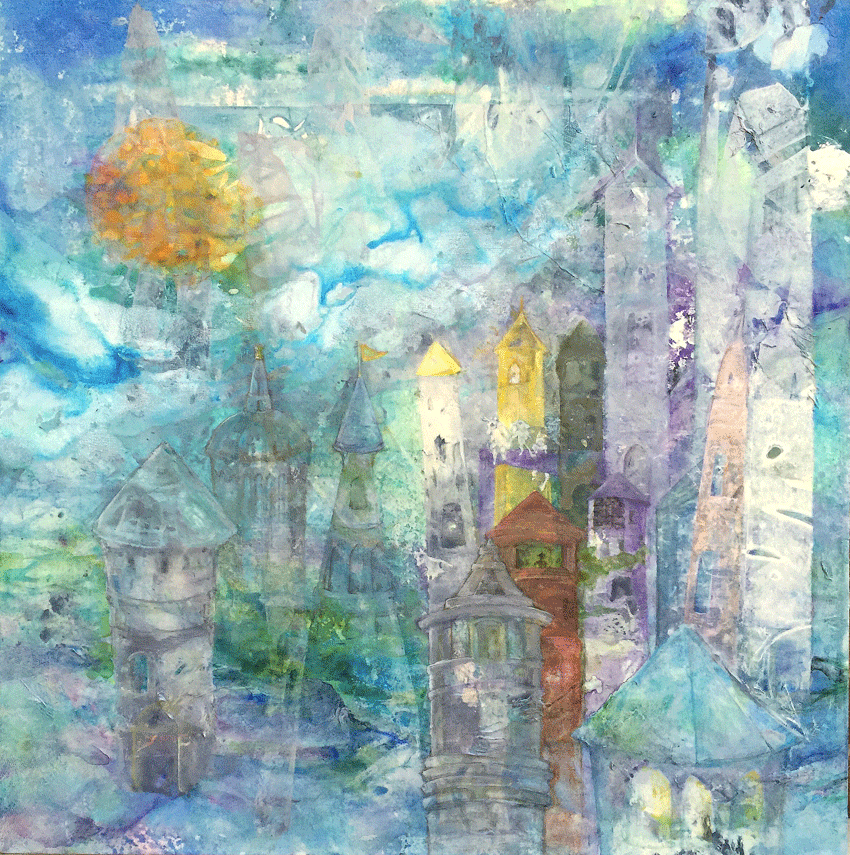The Origin of Doubt, Nathan Alling Long’s glorious debut collection of short fictions, is dedicated ‘to those who don’t quite fit in.’ Its fifty stories, some no more than a paragraph long, could serve as a missal for a vast congregation of outcasts and wanderers; angst-ridden adolescents, erotic explorers, and philosophical self-searchers.
These stories – most would be called flash fiction due to their brevity and obsession with ‘moments’ of experience – offer highly nuanced meditations on sexual awakening and its confusions, eternal parent/child conflicts, sibling connections and their opposite, romantic love and its impossibilities — and Long’s stunning imagery weaves them into a radiant mosaic. For The Origin of Doubt is, above all, a contemporary mosaic, a post-modern one, spangled with a pure and at times enthralling take on same sex love and its hetero counterpart, not to mention several other life and death matters. Its protagonists, passionate and yearning, are so profoundly ‘there’ in their fictive worlds, be they Muslim prisoners at Guantanamo Bay, young seekers in a Thai monastery, or any of a score of other possibilities, that they pull the reader in close for an embrace, or, at times, a death grip. Like all of the best fiction, Long’s stories takes readers places they never planned to go, and surprise them with the unforeseen pleasures to be had after their arrival.
Taro, one of the longer stories, examines the deep connection and subsequent disconnection of two brothers. During childhood, they fight, they wrestle, an endless competition, and Taro, the older, always wins. One day, the family is moving, and the boys, in a joke played by the movers, end up rolled up together in a Persian carpet, a dark and airless space where, the narrator says, he’d be happy to die. “I felt myself pressing, not down into the earth, but up against the weight of his body, to feel it more. …this was all I wanted – not to be him, but to be against him, just as we were.”
It is said that flash fiction suits perfectly an age of short attention spans; readers who long for a quick hit and then move on to their next diversion. Long’s work may undermine that belief if only because his stories, intense and sensual, demand repeated reading. Like prayers, they trigger reflection, and the desire to go back again through the words. With repetition, these stories offer up more of their gifts. Some, like When My Mother Died, might be called prose poems. In it, the genderless narrator says, “A thousand bottles of red wine flowed across the living room floor, and I felt the miscarriage begin, of the child I’d been carrying my entire life.” Others, such as Jealousy, Buried, Sweeping, and How to Bury Your Dog, might be considered parables. Whatever genre basket they’re dropped into – Long’s work defies them all – their impact far outweighs their word count
Long’s characters, sometimes named but often not, share the burden of being alive in a splendid but confounding world, a world in which urgent questions go unanswered, but experience itself creates an irresistible thrum. Many remain spiritual long after they have fallen away from an organized religion. In this world, love is, more often than not, “peculiar and unchained- like a neglected yard dog. It can bite you more than once. It can bite you in different places.” It’s a world in which summer buzzes ‘like neon,’ the moon sneaks in over sleeping faces ‘the way a moth might glide across your arm,’ the earth can be ‘wet as a tongue,’ and ‘conversation surfaces once in a while, like a whale coming up for air, then disappears.’
The collection, published by the venerable Press 53 of Winston-Salem, is divided into three sections, The Origin of Doubt, A House Divided and The Fortunate. Read in order, these sections create an arc of a storyteller’s coming of age. But because the storyteller is a shape-shifter with many guises, and the stories are told in many styles and from many points of view, the arc reveals itself only gradually. In an early story, Between, a befuddled young boy visits his father in prison and asks him about the word ‘conviction,’ a query the father answers but not in the way the boy had hoped for. “Before the next month was up, I would forget his face, forget almost, that he was my father.” In the collection’s penultimate story, Sweeping, the narrator opines, “My life is not without purpose…We sweep each day, that the world may be – not clean exactly, never clean – but cleaner: And that is enough.
Yet The Origin of Doubt, doesn’t require orderly reading. You can open the book on any page and be certain to find a reward: a puzzle, a provocation, a delight, a question asked but left unanswered. Long, a professor at Stockton University in Galloway Township, N.J., has said these stories were culled from about 15 years of his writing. All but two have been published in such publications as Atticus, Clackamas, Indiana Review, Story Quarterly, Fringe and Salt Hill. Gathered together, they generate a synergy of themes, and their heft promises more compelling work to come from Long. In Portraits of a Woman the omniscient narrator reflects “…she knows this character is from another century, as no one, these days, looks out a window for quite so long, considers their life so seriously, so existentially, as she is now.” This expresses – however ironically, given The Origin of Doubt’s contemporary concerns – the depth and significance of this beautifully wrought and generous book.
************
Here is an excerpt, a complete story:
Fireflies
At nineteen, he loved Michael who’d made them two flashlights that blinked in a specific pattern, like fireflies. “So we can find each other in the dark,” Michael had said.
But they’d since broken up. Years had passed. They moved to different cities, in different states. He became a teacher, Michael a pilot.
Still, on nights when planes flew overhead, he turned the flashlight on and pointed it at the sky.
 Philadelphia writer Larry Loebell, who placed third in Philadelphia Stories’ 2015
Philadelphia writer Larry Loebell, who placed third in Philadelphia Stories’ 2015 



